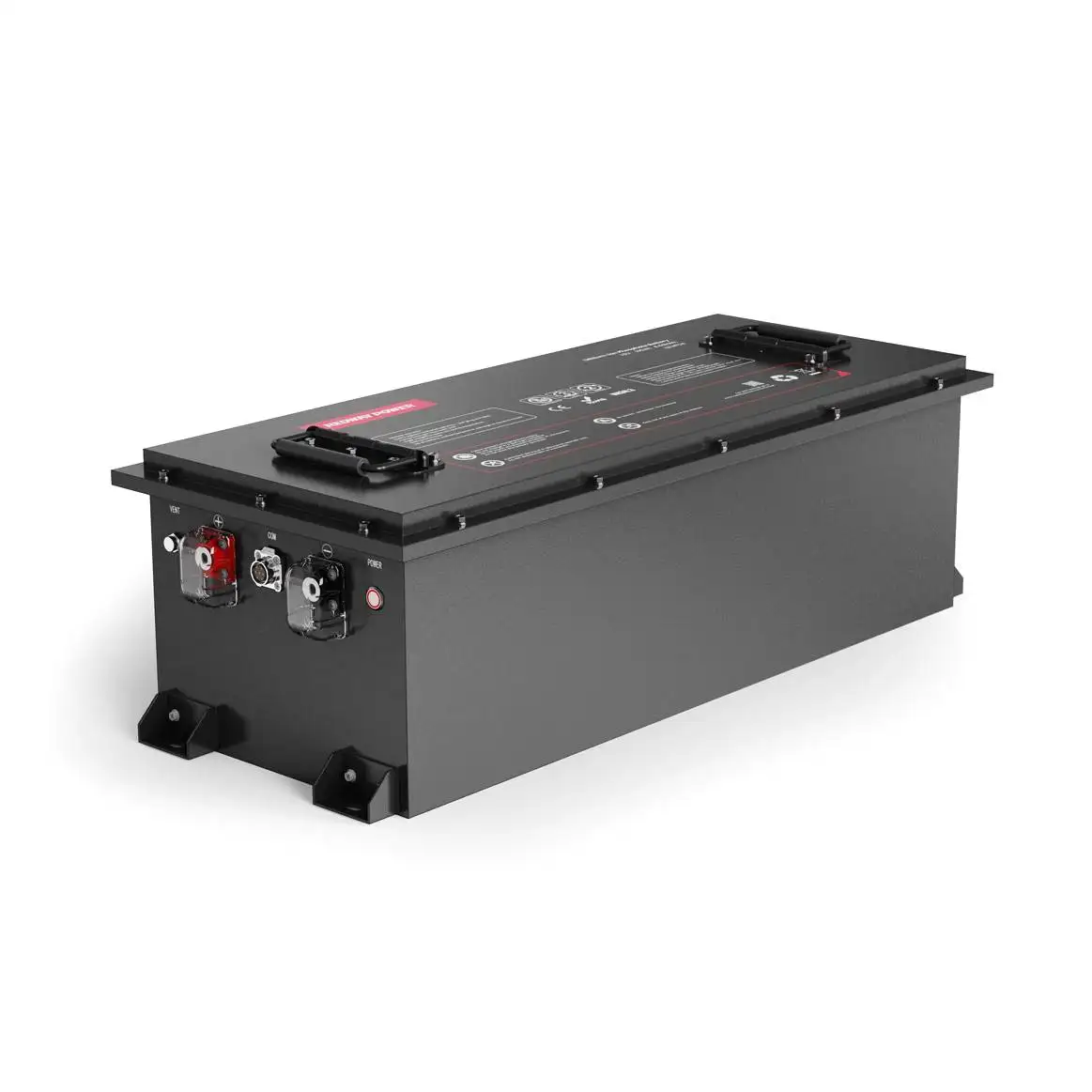LiFePO4 (Lithium Iron Phosphate) golf cart batteries represent a significant advancement in battery technology, offering superior performance and longevity compared to traditional lead-acid batteries. These batteries, including those offered by reputable brands like Redway, are designed to provide a stable and efficient power source for golf carts. A common question among users is whether these batteries can be fully discharged and what the implications are for their performance and lifespan.
Understanding LiFePO4 Battery Technology
LiFePO4 batteries are known for their stability and safety, making them an excellent choice for various applications, including golf carts. The core advantage of LiFePO4 technology lies in its wider discharge voltage range, which enables users to utilize a larger portion of the battery’s capacity compared to lead-acid batteries. This characteristic enhances the overall efficiency and usability of the battery in demanding environments.
Advantages of LiFePO4 Batteries Over Lead-Acid
- Longer Lifespan: LiFePO4 batteries offer a significantly longer lifespan, often exceeding 2000 charge cycles compared to the 500-800 cycles typical of lead-acid batteries. This extended lifespan translates to fewer replacements and lower overall cost of ownership.
- Higher Cycle Life: The superior cycle life of LiFePO4 batteries means they can endure more charge and discharge cycles without significant degradation. This property is crucial for applications where frequent use and recharging are required.
- Lower Self-Discharge Rate: LiFePO4 batteries have a lower self-discharge rate, ensuring that they retain their charge for longer periods when not in use. This characteristic is particularly beneficial for golf cart users who may not use their carts daily.
Depth of Discharge (DoD) and Its Impact
The Depth of Discharge (DoD) refers to the percentage of the battery’s capacity that has been used. For LiFePO4 batteries, the ability to handle deeper discharges is one of their key advantages. However, for optimal performance and longevity, it is advisable to adhere to recommended discharge levels.
Recommended Discharge Levels for LiFePO4 Batteries
While LiFePO4 batteries can be fully discharged without immediate harm, we recommend limiting the discharge to 80% Depth of Discharge (DoD). Discharging beyond this point can lead to increased wear and reduce the battery’s overall lifespan. By maintaining a higher state of charge, users can ensure that the battery remains in good condition and performs optimally over time.
Best Practices for Efficient Discharge Management
To maximize the performance and longevity of LiFePO4 golf cart batteries, users should follow several best practices related to discharge management:
1. Regular Voltage Monitoring
Regularly monitoring the battery’s voltage is essential for managing its discharge effectively. Modern golf carts equipped with battery management systems (BMS) provide real-time voltage data and can alert users when the battery is approaching a critical discharge level.
2. Timely Recharging
Recharging the battery in a timely manner helps prevent excessive discharge and maintains the battery’s health. Ideally, users should recharge their batteries when they reach around 20% DoD to avoid unnecessary stress on the battery cells.
3. Partial State of Charge During Long-Term Storage
When storing LiFePO4 batteries for extended periods, it is crucial to keep them at a partial state of charge. Storing the battery at around 50% to 60% charge helps prevent potential issues such as capacity loss and ensures the battery remains in good condition when it is put back into use.
Comparative Analysis: LiFePO4 vs. Lead-Acid Batteries
Performance
LiFePO4 batteries outperform lead-acid batteries in several key performance areas. They deliver more consistent power output and better performance across a wider range of temperatures. This stability enhances the overall driving experience in golf carts and other applications.
Efficiency
In terms of efficiency, LiFePO4 batteries exhibit lower internal resistance and higher charge efficiency compared to lead-acid batteries. This efficiency translates into faster charging times and reduced energy loss during the charging process.
Maintenance
LiFePO4 batteries require less maintenance compared to lead-acid batteries, which need regular water refilling and equalizing charges. The low maintenance requirements of LiFePO4 batteries contribute to their appeal as a more convenient and user-friendly option.
Conclusion
In summary, LiFePO4 golf cart batteries are a superior choice for users seeking enhanced performance and longevity. While these batteries can be fully discharged without immediate damage, adhering to a recommended Depth of Discharge of 80% will help maximize their lifespan. By following best practices such as regular voltage monitoring, timely recharging, and proper storage, users can ensure optimal performance and longevity of their LiFePO4 batteries.
Investing in LiFePO4 technology for your golf cart not only improves efficiency and performance but also offers long-term benefits that make it a worthwhile choice. With their extended cycle life, lower self-discharge rate, and minimal maintenance requirements, LiFePO4 batteries are an excellent upgrade from traditional lead-acid options.

Related Posts
- Why Understanding Golf Cart Battery Technology with 6000 Cycles is Essential
- Why 48 Volt Lithium Golf Cart Batteries are a Game-Changer
- What warranty options are typically available for LiFePO4 golf cart batteries?
- What tools are needed for LiFePO4 golf cart battery installation?
- What Temperature Ranges Are Safe for LiFePO4 Golf Cart Battery Operation?
- What Steps Are Involved in Replacing Lead-Acid Batteries with LiFePO4?



